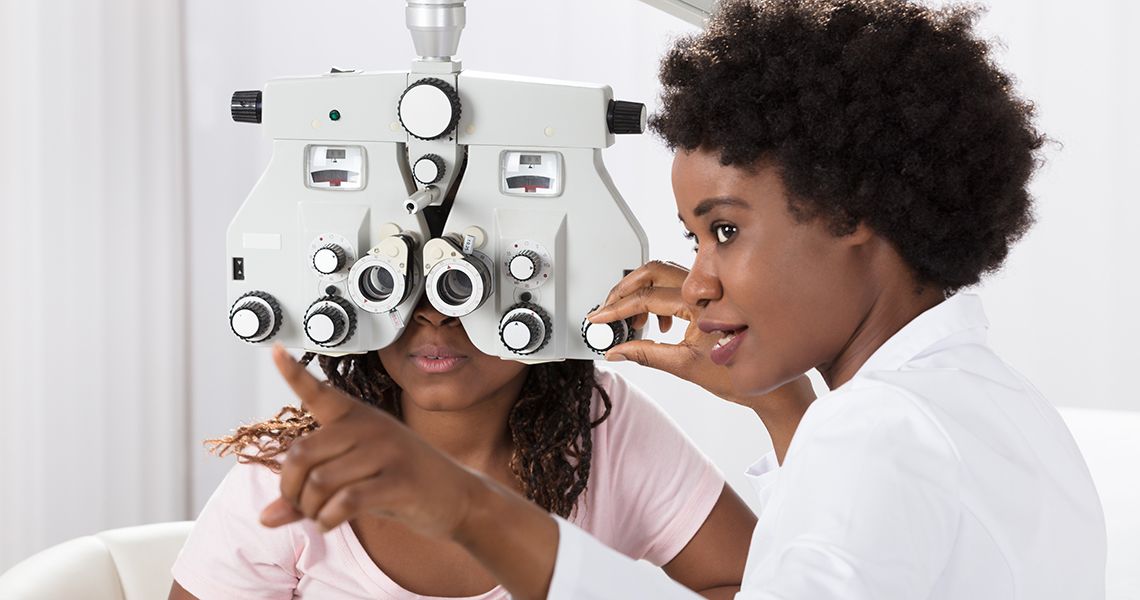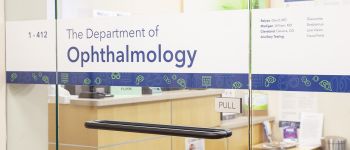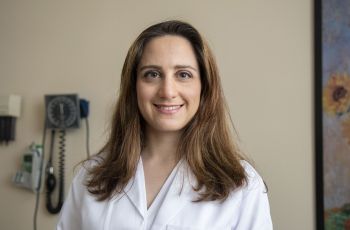Ophthalmology
Make a New Patient Appointment:
Call 202-741-2800

Services We Offer & Conditions We Treat:
- Annual Eye Examinations
- Contact Lens Examinations and Fittings
- Diabetic Screening
- Glaucoma Screening
- Macular Degeneration Screening
- Allergy Treatment
- BOTOX™ Facial injections
- Cataract Surgery
- Corneal Transplantation
- Cosmetic Eyelid Surgery
- External Disease
- Glaucoma, Medical and Surgical Therapy
- Laser Vision Correction
- Lens Implantations
- Low Vision Aids
- Neuro-Ophthalmology
- Ocular Plastic Surgery
- Retina and Vitreous Treatment
- Strabismus
- Uveitis Treatment
Comprehensive Eye Care Services
To preserve and restore your vision is the singular mission of the Department of Ophthalmology at The GW Medical Faculty Associates. As nationally and internationally recognized clinicians and educators, we combine the excellence of academic medicine with cutting-edge clinical services—in one dedicated private practice. As specialists in all sub-specialties of Ophthalmology, and board-certified by the American Board of Ophthalmology, we provide diagnostic, therapeutic, and surgical expertise in the treatment of cataracts, glaucoma, diabetic retinopathy, macular degeneration and related eye diseases. In preparing for the future of eye care, we are training the ophthalmologists of today—and are at the forefront of clinical research that will influence the management of eye disease tomorrow. How can we help you?
The GW Medical Faculty Associates does not accept any vision care plans.
Latest News
Dry eyes are a common condition, especially when people spend too much time in front of screens. Maya Bitar, MD, associate professor of ophthalmology at the George Washington University Medical Faculty Associates, walks us through what causes dry eye and what you can do to mitigate symptoms.…
Maya Bitar, MD, associate professor of ophthalmology at the George Washington University School of Medicine and Health Sciences, explains the ins-and-outs of corneal transplantation and how technology has advanced.



